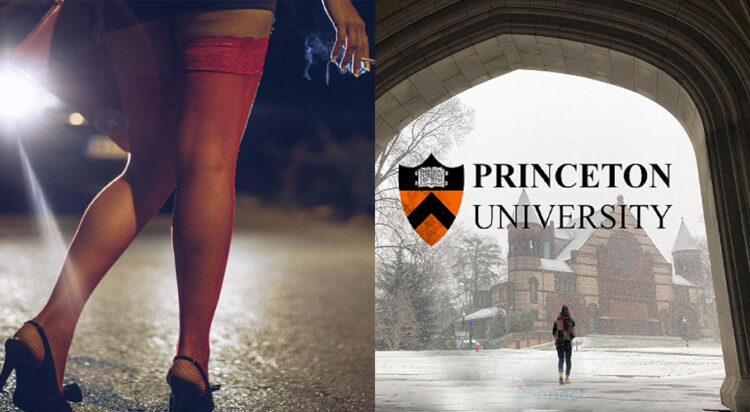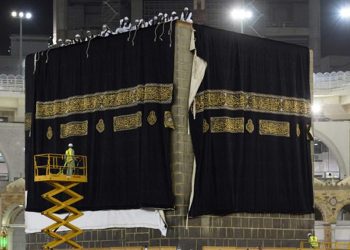Princeton University’s Gender and Sexuality Studies program is set to offer courses on “Sex Work”, “Erotic Dance” and “Queer Spaces” during the upcoming spring semester, as detailed in the university’s online course catalog.
The program includes five courses featuring “Queer” in their titles or descriptions, such as Love: Anthropological Explorations and Power, Profit, and Pleasure: Sex Workers and Sex Work.
The Sex Work course delves into the stigmatization and controversies surrounding sex work, emphasizing narratives from the perspectives of sex workers themselves. It examines various forms of global sex work, including pornography, prostitution, erotic dance, escorting, camming, commercial fetishism, and street work tourism, offering a nuanced exploration of their lives and experiences.
The Queer Spaces course analyzes institutional and historical power dynamics through gender-focused theories. It explores how sources shape architectural and urban histories, while also examining the roles of agents within these spaces. The course leverages feminist, gender, queer, and trans theories to propose new approaches for writing critical architectural histories, with a focus on discourses of difference and equity.
These courses are part of a broader trend among U.S. universities to introduce Queer Studies programs, aimed at fostering critical engagement with identity, representation, and culture through diverse and inclusive perspectives.



































